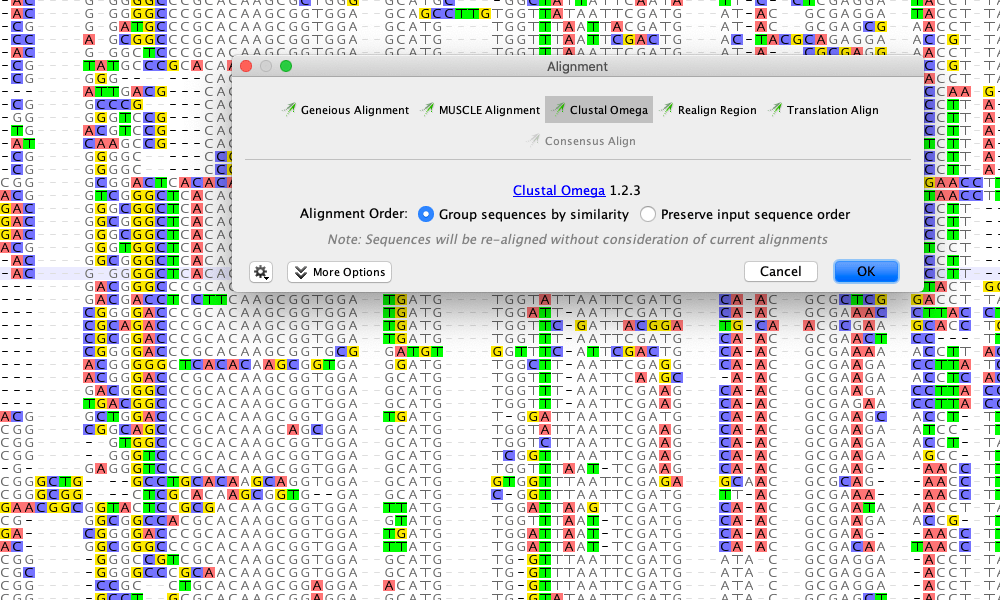

Consequently, Bifidobacterium genomes have been studied extensively to characterize the genetic basis for important functional attributes, such as the ability to metabolize human milk oligosaccharides ( 9), which some bifidobacteria leverage to colonize the relatively complex human gastrointestinal tract. infantis have been commercialized as probiotics ( 7, 8). Given the numerous health-promoting effects and long-term history of safe usage of Bifidobacterium, some strains of B. The presence of Bifidobacterium has been associated with a variety of potential health benefits including the prevention of enteropathogenic infection via the production of short chain fatty acids ( 2), alleviating irritable bowel syndrome ( 3), enhancing the host immune system ( 4), particularly in infants ( 5), and antitumor effects that can modulate cancer immunotherapy ( 6). This study highlights the need to develop individualized CRISPR-based genome engineering approaches for distinct bacterial strains and opens avenues for engineering of next generation probiotics.Īs an important bacterial genus, Bifidobacterium typically colonizes the human gastrointestinal tract early in life and remains a key component of the gut microbiome throughout the lifespan ( 1). infantis to emphasize the broad relevance of these findings. Insights were also expanded to Bifidobacterium longum subsp.

lactis strains, despite their genomic homogeneity, that may contribute to editing efficiency variability. Remarkably, we uncovered epigenetic patterns that are distributed unevenly among B.
Geneious prime reference install#
A CRISPR-cytosine base editor was optimized to install C We reprogrammed the endogenous type I-G system to screen for naturally occurring large deletions up to 27 kb and to generate a 500-bp deletion in tetW to abolish tetracycline resistance. lactis, demonstrating that both genomic and epigenetic contexts drive editing outcomes across strains. Here, we repurpose the endogenous type I-G CRISPR-Cas system and adopt an exogenous CRISPR base editor for genome engineering in B. The advent of CRISPR-based genome editing technologies provides opportunities to investigate the genetics of important bacteria and transcend the lack of genetic tools in bifidobacteria to study the basis for their health-promoting attributes. Bifidobacterium is a commensal bacterial genus ubiquitous in the human gastrointestinal tract, which is associated with a range of health benefits.


 0 kommentar(er)
0 kommentar(er)
